The Trump Presidency: Good or Bad for the Aftermarket
The Trump Presidency: Good or Bad for the Aftermarket?
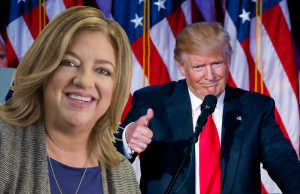 The election of Donald Trump was an epic event that more than half the U.S. population opposed, an unprecedented conclusion to a surreal campaign. And like the Brexit vote before it, the outcome was unexpected by almost everyone.
The election of Donald Trump was an epic event that more than half the U.S. population opposed, an unprecedented conclusion to a surreal campaign. And like the Brexit vote before it, the outcome was unexpected by almost everyone.
Trump’s campaign tapped into the rage of a stifled, unhappy U.S. workforce. And his outlandish promises for walls
at the borders and indictments of career politicians resonated with these people.
Once elected, he started to vacillate on campaign promises immediately. And his Tweets have left many wondering what the future holds. No one can say for sure, probably not even his closest allies.
So what does the future portend for cartridge remanufacturers here and abroad with Trump in the White House? Initial signs point to some good news and bad news.
Good News: Trading in the TPP
Right after his election, Trump promised to withdraw from the “potential disaster” Trans-Pacific Partnership (“TPP”) trade deal, which is a 12-country commitment that would potentially create a free trade area spanning from Japan to Chile (all parties, including Canada and China, are pacific-rim countries), making it the world’s largest trade pact.
Trump is an unabashed protectionist when it comes to trade. He believes that the average U.S. worker has lost jobs and opportunities to countries where labor is cheaper, like China, Vietnam, and Mexico.
(He made his disdain for both Mexico and China very clear during the election.)
He detests the TPP because he believes it will further hurt American workers and undercut US companies.
He’s got a point. The U.S. has lost entire industries, mostly those that relied on lots of low-skilled workers — which used to be the backbone of middle America — to developing countries. The TPP would give more incentive to profit-driven companies to take advantage of those foreign lower-cost labor pools. The TPP was crafted in stealth. Very few were invited to participate in the negotiations, and therefore there is little information on its purpose and each party’s agenda.
But the TPP also has another tragic flaw, nearer to the hearts of the members of the cartridge aftermarket. The TPP fortified patent rights in favor of their owners. It demanded that patent rights be respected at a much higher level than is currently afforded in most of the participating countries, such as China and even the U.S.
The International Imaging Technology Council (“Int’l ITC”), along with member companies like Static Control Components have been lobbying and litigating against patent rights abusers such as Lexmark
and Canon for decades. And there have been significant victories that have helped erode the chokehold that OEMs have put on cartridge commerce by misusing their patents.
After the fierce fighting in the courts, the aftermarket has started to make significant inroads against patent abuse with decisions that favor consumers and competition over patent rights. These precedents have come from courts as high as the U.S. Supreme Court. One case is heading to that court this year and addresses printer cartridges directly and will define whether OEMs can use patents to interfere with remanufacturing after the cartridge is first sold, and even when it is first sold in another country.
The TPP threatened to confer patent holders rights that have been adjudicated and stripped away by the highest judges in the country. Therefore the Int’l ITC approves of Trump’s decision to look for a better solution for trade policy than the TPP, regardless of his motivation.
Trump’s Policy on China – Good or Bad?
Trump’s protectionism policy can be viewed favorably or unfavorably, depending on your perspective. He
has already acted on his policy of “Put America First.” He has made it clear that he will punish U.S. companies that move jobs to Mexico, or anywhere abroad. Before even installed in office, he stopped an Indiana company from moving jobs to Mexico.
Here is Trump’s mantra: He means business, literally. He wants the U.S. to make jobs, and take them back from the countries to which they have been exported. He will also scrutinize the business practices of our trading partners to assure that imported products will be competing with U.S.-made products fairly.
In particular, he has his sights set on China. During his campaign, Trump decried China as a currency manipulator and an unscrupulous trading partner, threatening to respond with a tariff on Chinese imports of up to 45 percent.
Under that scenario, Trump’s policies could be a boon for U.S. cartridge remanufacturers, who could indeed benefit from close scrutiny of Chinese- made products. And if he imposes tariffs on Chinese cartridges, the U.S. cartridge remanufacturing community could indeed flourish.
But for every action, there is an economic reaction. Flush Chinese investors could correctly assume that Trump’s policies will deflate the Chinese yuan and increase the value of the dollar.
So the value of China’s currency falls, so does the value of Chinese goods. And it increases the value of the dollar. Now the tariff’s artificial value proposition is minimized because Chinese cartridges are far less expensive and far more attractive. And U.S. cartridges are too expensive to export, even the remanufactured ones.
Add to this the possibility that US tariffs against China or Mexico could spark an all-out trade
war in which other countries impose their own tariffs in multiples much higher than those imposed upon them. All of this would further exacerbate the scenario. Our current global economy goes from a free-market based model to one of isolationism. If this hypothetical sounds too dramatic, look at Mexico’s current real-life situation. Since Trump’s election, the value of the Mexican peso has fallen to a record low, and is off by 20 percent, driven down by fear of coming trade restrictions, fueled by fear of that “wall” being built, and Trump’s actual success in Indiana when it retained jobs there that were headed to Mexico. So now Mexico goods – and vacations – are a real bargain, and Cancun beaches are bustling with U.S. tourists. This is the exact opposite of the scenario Trump seeks.
Mexico isn’t China, and there are many other factors that could render a different outcome in China. And perhaps a tariff or other trade impediment will work partially of fully and contribute to an improved U.S. marketplace.
In that case, an “America-first” trade policy might still provide some benefits for domestic manufacturers, the workforce and the aftermarket. We’re in uncharted waters with so many variables: currency fluctuations, patent law shifts in either direction, changes in demand brought on by changes in economies, and even Trump himself adjusts his policies regularly before inauguration day.
If the population of the U.S. was caught by surprise on election night, then the global population – and economy — is certainly in for a wild ride during his presidency. Stay tuned.
 Tricia Judge has served as the executive director of the International Imaging Technology Council—a not-for-profit trade association serving imaging supplies remanufacturers and dealers—for 17 years. She was the executive editor of Recharger magazine for five years and a lawyer for 30 years. Judge’s work has been published in Recharger, Imaging Spectrum and several other industry magazines. She has won critical acclaim for her writing and industry advocacy. She prides herself in having assisted with the preparation of six friend-of-the-court (amicus) briefs and has presented the position of the industry to the US International Trade Commission. Since 2017, Judge has been the Senior Consulting Editor of RT Imaging World magazine and speaks at regional RT VIP Summits and RemaxWorld Expo in China.
Tricia Judge has served as the executive director of the International Imaging Technology Council—a not-for-profit trade association serving imaging supplies remanufacturers and dealers—for 17 years. She was the executive editor of Recharger magazine for five years and a lawyer for 30 years. Judge’s work has been published in Recharger, Imaging Spectrum and several other industry magazines. She has won critical acclaim for her writing and industry advocacy. She prides herself in having assisted with the preparation of six friend-of-the-court (amicus) briefs and has presented the position of the industry to the US International Trade Commission. Since 2017, Judge has been the Senior Consulting Editor of RT Imaging World magazine and speaks at regional RT VIP Summits and RemaxWorld Expo in China.
Her feature articles:
- Static Control Continues to Set High Industry Standards
- Brewer Reveals Impact on Imaging Supplies by COVID-19
- Aftermarket Scores Another Win – Canon loses: zero degrees is not an angle
- How Trade Associations Help Protect the Environment
- The U.S. Department of Energy Scores High with Remanufactured Cartridges
- Clover Imaging Ready to Take Remanufactured to the Next Level
- Uninet’s Mike Josiah Awarded Diamond Pioneering Award
Her Judge’s Ruling opinion blogs:
- The Trump Presidency: Good or Bad for the Aftermarket
- US Supreme Court to Hear Lexmark Impression Products Case
- Election and Business Results Are In
- Canon’s Latest Dongle Gear Actions: Canon’s Checkmate
- Mobile Apps that Rule for This Judge

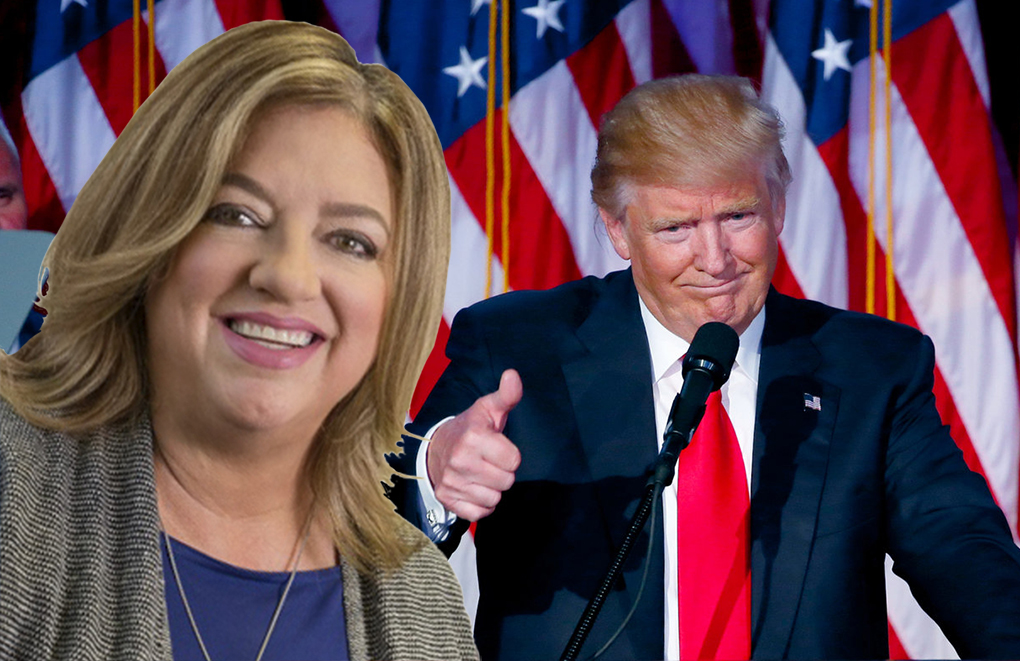
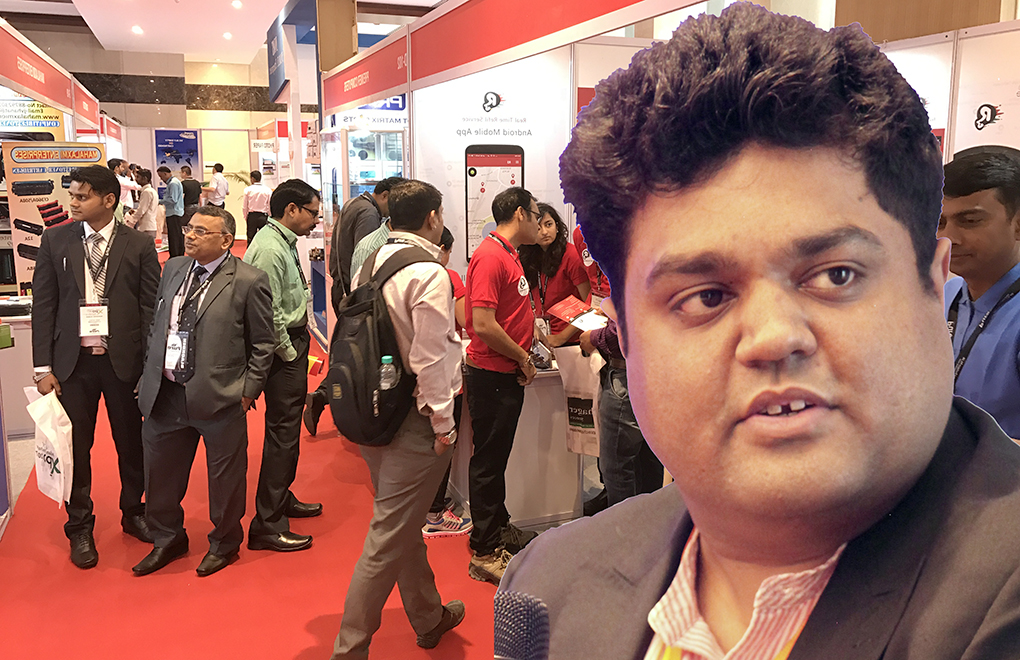


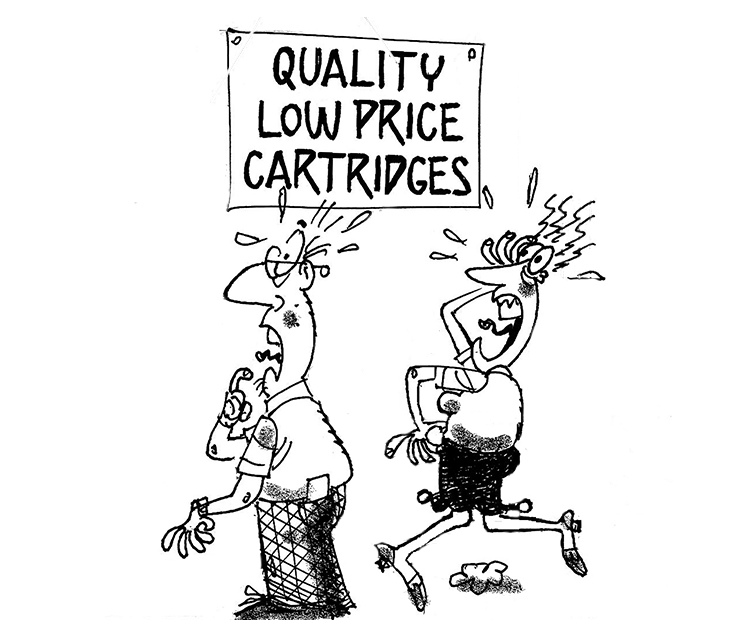
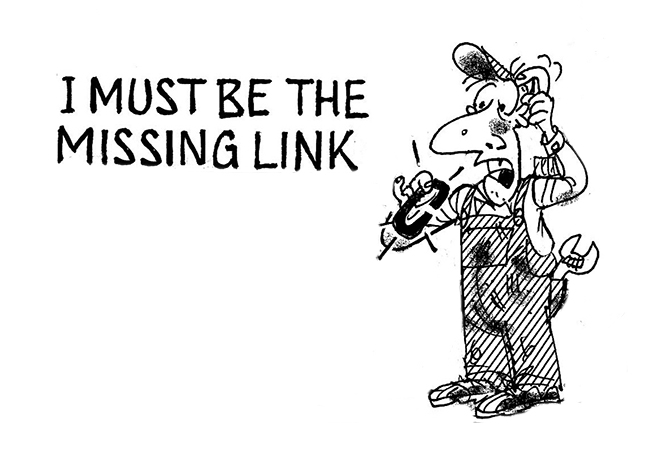






Leave a Comment
Want to join the discussion?Feel free to contribute!